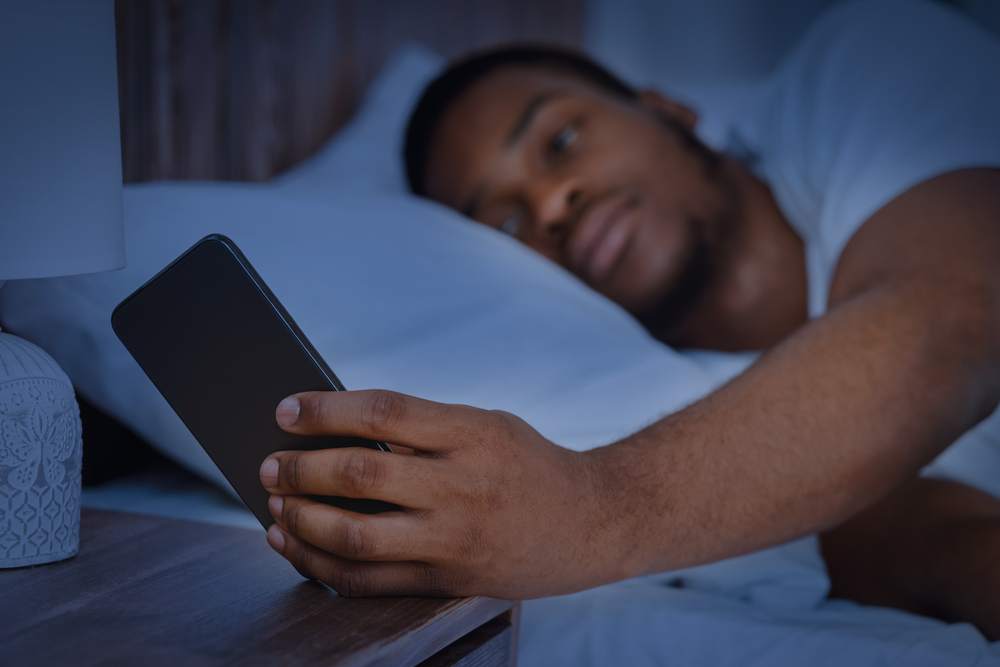Ever caught yourself mindlessly scrolling at 2 AM when you should’ve been asleep hours ago? Your droopy eyes hurt, your thumb’s on autopilot, and yet you just. Can’t. Stop. Don’t worry—your lack of willpower isn’t entirely to blame. There’s some serious neurological ninja moves happening behind the scenes.
The dopamine dance party
Your brain treats every notification like it’s throwing confetti. Each like, comment, and share triggers a tiny burst of dopamine—the same feel-good chemical released when you eat chocolate or have sex. Pretty sneaky, right?
The problem is your brain doesn’t know when to call it quits. Social media platforms are designed to keep that dopamine flowing in unpredictable patterns. It’s like playing a slot machine that occasionally pays out with the currency of social approval.
Think about your last Instagram check. Did you intend to spend just “a quick minute” that somehow morphed into thirty? That’s because your brain was chasing the next dopamine hit, like a lab rat pressing a lever for another reward.
The attention thief wearing digital clothes
Remember when you could focus on a book for hours? Those were the days. Now your brain has adapted to expect constant stimulation and novelty.
Your attention span is taking a beating. The average person now switches tasks every 40 seconds when working on a computer. And no, multitasking isn’t the superpower we pretend it is—it’s actually making us cognitively weaker.
When you constantly bounce between apps, texts, and feeds, you’re training your brain to struggle with deep thinking. It’s like trying to build muscle by lifting a feather for one second, then immediately switching to another feather. You never give your mental biceps a proper workout.
The comparison trap is a real brain drain
We all know the feeling. You’re having a perfectly fine day until you see your college roommate’s perfect Santorini vacation pics while you’re eating microwaved leftovers. Suddenly your life feels utterly inadequate.
This happens because social media gives your brain a skewed perception of reality. You’re comparing your behind-the-scenes footage to everyone else’s highlight reel.
Your brain isn’t designed to process this much social information. Traditionally, humans compared themselves to maybe a few dozen people in their immediate community. Now you’re up against thousands of carefully curated personas. Your amygdala—the emotional processing center—gets overwhelmed, leading to anxiety and feelings of inadequacy.
Memory making in the digital age
Remember phone numbers? Yeah, neither do we. Your brain has outsourced memory to your devices.
The “Google effect” describes how we’re less likely to remember information when we know we can easily access it later online. Your brain is efficiently adapting, but not always in ways that serve your long-term cognitive health.
When you document every moment for social media, you might actually form weaker memories of the experiences themselves. Your brain splits attention between experiencing the moment and thinking about how it will be perceived online.
Sleep sabotage is destroying your neural pathways
Late-night scrolling is a recipe for neural disaster. The blue light from your screen suppresses melatonin production, messing with your sleep-wake cycle.
Poor sleep doesn’t just make you cranky—it impairs memory formation, emotional regulation, and decision-making. Your hippocampus, critical for forming new memories, can’t properly consolidate information without adequate sleep.
When you replace bedtime reading with TikTok binges, you’re essentially telling your brain, “Who needs cellular repair and memory consolidation anyway?”
Your social skills might be getting rusty
There’s something ironic about social media potentially making you worse at actual socializing. Real-time conversations require skills that scrolling doesn’t practice—reading subtle facial cues, handling uncomfortable silences, and responding spontaneously.
Digital communication lacks the neurological richness of face-to-face interaction. Your brain’s mirror neurons, which help you empathize with others, get less workout when you’re texting compared to in-person conversations.
Ever noticed how much harder it feels to make small talk with strangers now? That might be because those social muscles aren’t getting regular exercise.
Reclaiming your neural territory
Your brain is remarkably adaptable—that’s both the problem and the solution. The same neuroplasticity that got you hooked can help you break free.
Try a digital sunset—putting away devices 1-2 hours before bed. Your thalamus will thank you by producing melatonin on schedule.
Set specific times to check social media rather than responding to every ping. Your prefrontal cortex—responsible for decision-making and impulse control—strengthens with practice.
Engage in activities requiring sustained attention, like reading physical books or practicing meditation. These serve as cognitive resistance training for your easily distracted modern brain.
Most importantly, be intentional about real-world social connections. Your brain evolved for genuine human interaction, complete with eye contact, physical touch, and unfiltered laughter.
Your relationship with social media doesn’t have to be all or nothing. The goal isn’t digital abstinence but digital mindfulness. By understanding how these platforms affect your neural pathways, you can enjoy the benefits while protecting your cognitive wellbeing.
After all, your magnificent brain deserves better than becoming a passive scroll machine. It’s the most complex object in the known universe—maybe treat it that way?















